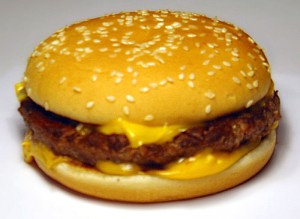The Statler Brothers performing their 1965 ode to alienation, “Flowers on the Wall,” a favorite of Kurt Vonnegut (see: Palm Sunday) and Quentin Tarantino (see: Pulp Fiction).
I keep hearin’ you’re concerned about my happiness
But all that thought you’re givin’ me is conscience I guess
If I were walkin’ in your shoes I wouldn’t worry none
While you and your friends’re worryin’ bout me I’m havin’ lots of fun
Countin’ flowers on the wall that don’t bother me at all
Playin’ solitare till dawn with a deck of fifty one
Smokin’ cigarettes and watchin’ Captain Kangaroo
Now don’t tell me I’ve nothing to do
Last night I dressed in tails pretended I was on the town
As long as I can dream it’s hard to slow this swinger down
So please don’t give a thought to me I’m really doin’ fine
You can always find me here I’m havin’ quite a time
Countin’ flowers on the wall that don’t bother me at all
Playin’ solitare till dawn with a deck of fifty one
Smokin’ cigarettes and watchin’ Captain Kangaroo
Now don’t tell me I’ve nothing to do
It’s good to see you I must go I know I look a fright
Anyway my eyes are not accustomed to this light
And my shoes are not accustomed to this hard concrete
So I must go back to my room and make my day complete
Countin’ flowers on the wall that don’t bother me at all
Playin’ solitare till dawn with a deck of fifty one
Smokin’ cigarettes and watchin’ Captain Kangaroo
Now don’t tell me I’ve nothing to do
Don’t tell me I’ve nothing to do

